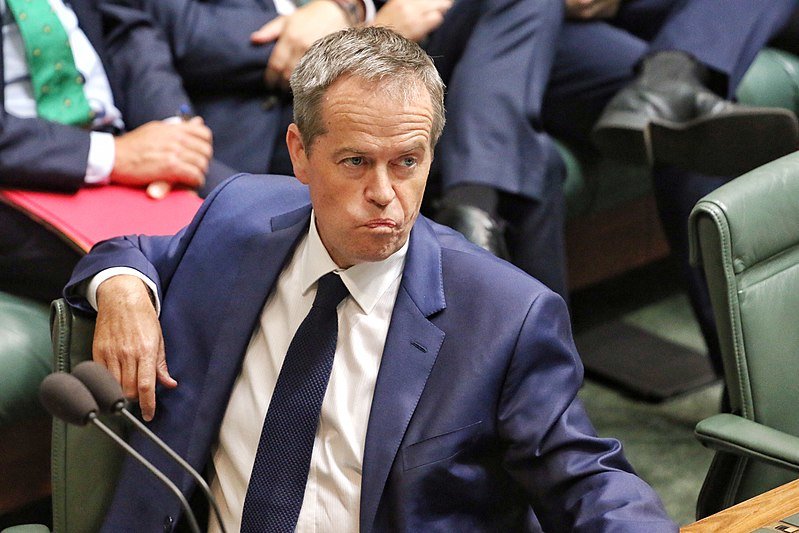Leader of the Opposition, Bill Shorten, has made the upcoming federal election a tax battle with a promise to increase the rate of tax some companies pay if Labor wins power.
Mr Shorten said that his Labor government would reverse tax cuts for companies with a turnover between $10 million and $50 million. This comes after Labor continued to reject the majority of the Government’s tax plan, despite the Senate recently passing a 7 year plan to cut $144 billion in income tax.
The Senate has also refused to pass the Government’s entire plan for corporate tax cuts.
However, in 2017 the Government secured the support of crossbencher Nick Xenophon for a plan to gradually lower the corporate tax rate of businesses with a turnover of up to $50 million.
The tax rate has already dropped from 30% to 27.5% for businesses with turnovers of up to $25 million and as of next week that will apply to all businesses with a turnover of up to $50 million.
Mr Shorten said that, if elected, his government would repeal the tax cut for companies with a turnover of more than $10 million each year. However, Labor is still deciding on whether it would also seek to repeal the tax cuts for smaller enterprises with turnovers between $2 million and $10 million.
Mr Shorten said that Labor would support tax reductions for any business with less than $2 million turnover citing that small business could “do with all the assistance it can get”. He said that Labor was still “considering its position” with regards to companies with turnovers between $2 million and $10 million.
The Government has since said that if Labor’s plan was to go ahead, 94,000 business employing almost 3.5 million people would be negatively affected.
Labor has also stated that it will repeal the cuts to personal income tax that were recently passed in the Senate.
Political analysts believe that the upcoming election will be fought largely on the nature of the Australian tax system.
The Government has argued that it is helping Australia’s economy by making companies more competitive in international markets by reducing their tax rate. Labor disagrees, saying that corporations should be taxed more and not less so as to pay for advancements in health, education and infrastructure.

